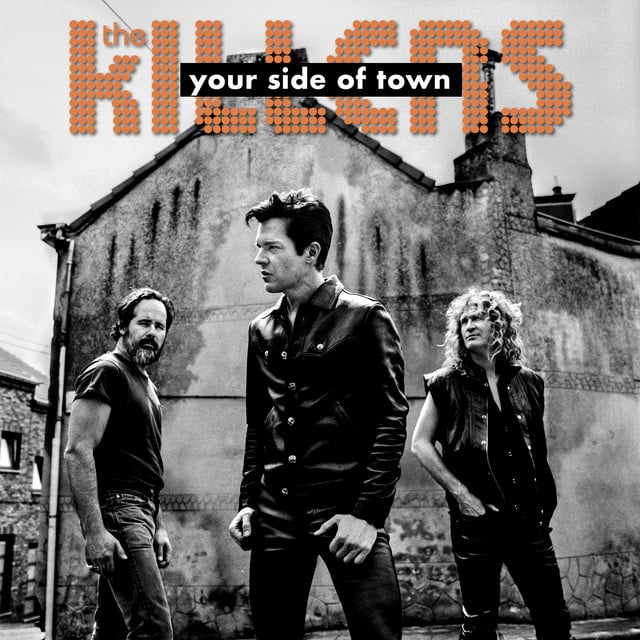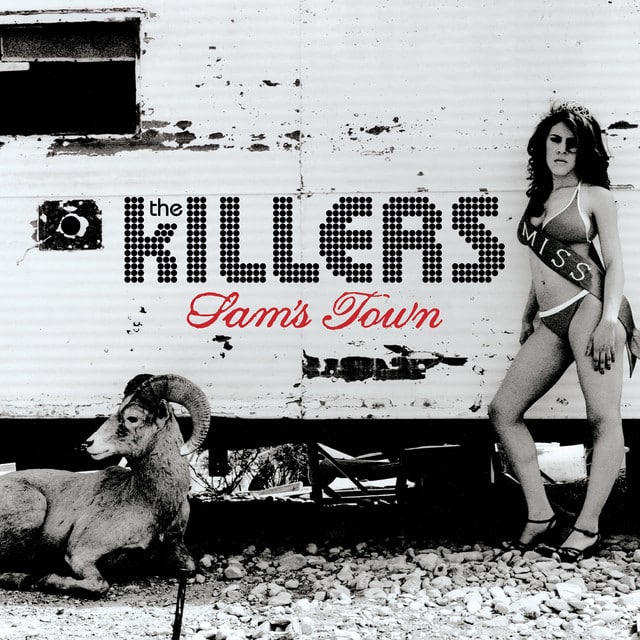Released: 2004
“Jenny Was A Friend Of Mine” by The Killers isn’t just any rock song – it’s a narrative-driven masterpiece that dips its musical toes into the dark waters of crime, guilt, and denial. It’s part of “The Murder Trilogy,” a series of songs by the band that explores a murder from different perspectives. At first glance, it’s a catchy, bass-driven track, but dive deeper, and you’ll find it’s a confessional of sorts, narrated by someone accused of killing Jenny, a girl he claims was just a friend.
The song kicks off with an air of nostalgia and sadness, recounting a night that was meant to be like any other but ended in tragedy. “We took a walk that night but it wasn’t the same,” the narrator begins, setting the stage for a tale of how an ordinary evening spiraled out of control. The fight “on the promenade out in the rain” isn’t just a lovers’ quarrel; it’s the prelude to Jenny’s demise. This mention of the fight serves two purposes—it establishes the emotional intensity before the crime, and it subtly sows the seeds of doubt about the narrator’s innocence.
The refrain “She couldn’t scream while I held her close / I swore I never let her go” is haunting. While it initially sounds like a line from a heartbreak song, in this context, it’s eerily literal. The narrator swore he never let her go, but the statement feels more like an admission of guilt than a proclamation of love. His insistence, “There ain’t no motive for this crime / Jenny was a friend of mine,” aims to assert his innocence, yet it has the opposite effect, casting a shadow of suspicion.
The chorus, “Oh come on, oh come on, oh come on,” can be interpreted as the narrator’s frustration with the interrogation he’s undergoing. It’s a mix of defiance and desperation, a plea to be believed but also a challenge to prove him guilty. However, the line “Then you whisper in my ear / I know what you’re doing here” suggests that the interrogator isn’t buying the act. It implies that the truth is known, or at least suspected, adding a layer of inevitability to the narrator’s predicament.
Interestingly, the song also includes a subtle assertion of the narrator’s awareness of his legal rights, “I know my rights, I’ve been here all day and it’s time,” which can be read as an attempt to maintain some control over the situation. Yet, this line also reflects a certain exhaustion and resignation, a contrast to the earlier defiance. When he says, “I just can’t take this / I swear I told you the truth,” there’s a palpable sense of someone who is overwhelmed, perhaps by the weight of his own lies, or maybe, just maybe, by the frustration of not being believed despite telling the truth.
In conclusion, “Jenny Was A Friend Of Mine” by The Killers is more than just a rock anthem; it’s a complex narrative that peels back layer after layer of guilt, innocence, and the murky space in between. It uses lyrical subtlety and musical intensity to draw the listener into the whirlpool of its narrative, leaving them to wonder: is the narrator a heartbroken friend, or is he hiding in plain sight? Regardless of the conclusion you draw, one thing’s for sure: this song is a masterclass in storytelling, cloaked in the rhythm of rock ‘n’ roll.








